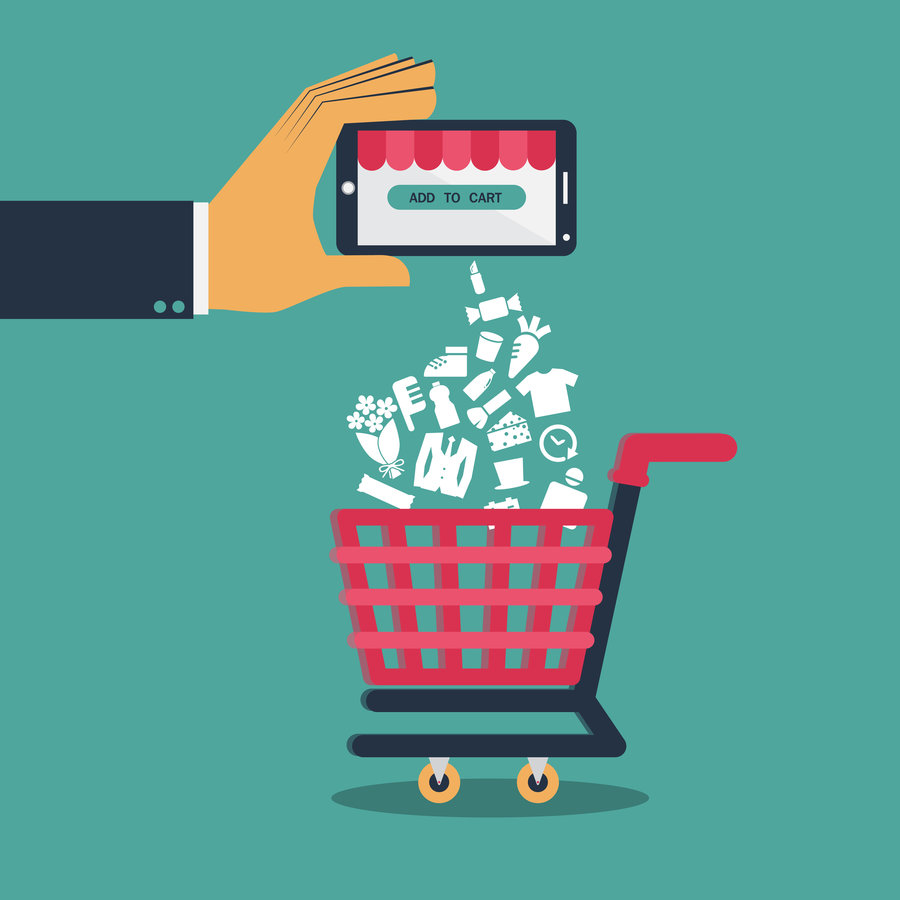Beyond Boundaries: Rethinking Your Business Avenues
by Helen Selvanathan

A world without boundaries … humans now live in a digitally driven era where there are no longer any physical boundaries and emerging technologies are changing the way businesses operate.
We are living in a digital-driven era where boundaries are no longer only on sketch boards. In today’s world’s, one need not physically be somewhere to be connected. It's no secret that emerging technologies are changing the game in every industry. Machine learning, IoT, blockchain and other innovations are disrupting daily consumer usage too. In response, the most agile companies are taking advantage of these innovations—using technology to make a measurable impact and drive growth in their own businesses.
Take for example Augmented Reality, I had my first chance to view what it really means through a friend’s company focusing on digital autopsy a few years ago right here at Malaysia. He was rethinking how to make post mortem fraternity a simple, easy and real time accessible effort for pathologists. Great innovation effort even back then.
At ASEAN, Singapore takes a quick off the blocks in the Artificial Intelligence (AI) race, where the government is gearing up to spur innovation through talent building in AI and Data Science through university programmes.
Separately, Singapore’s Personal Data Protection Commission is compiling a discussion paper that describes the key principles to guide responsible development and adoption of AI, such as making sure that decisions made or assisted by AI should be explainable, transparent, fair and human-centric.
Most recently, Singapore’s Ministry of Communications and Information also announced initiatives of setting up a five-year research programme at a new Singapore Management University research center to conduct scholarly research on governance, ethics and other issues related to AI and data management. This would help shape the advisory work and inform the government body on AI related challenges.
Australia has also expressed the need to develop ethical guidelines and standards for the use of AI.

Just a click away … online buying has skyrocketed in past two years giving the Lazadas’ of the world an edge in retail industry.
New generation buying styles have also disrupted the retail industry. Across SEA, retailers like Zalore and Rakuten have started allowing smartphone users to snap a photo of the item, perform a visual search through use of AI before purchasing. Online buying has skyrocketed in past two years giving the Lazadas’ of the world an edge in retail industry.
Retailers are betting on customer-facing technologies, such as augmented reality applications, virtual assistants and AI-powered chatbots, to keep up with the herd of increasingly digital-savvy retailers. But the technology going on behind the scenes and on the business side is just as important as what the customer experiences
Embarking most recently on the integration of Artificial Intelligence, Automation and Big Data into its business strategy and supply chain is Zara, a well known retailer for Asians. Reuters reported that in a bid to stay ahead of competitors, the fashion retailer is hiring talent from startups and partnering with Jetlore, which offers an AI-powered consumer behavior prediction platform, and El Arte de Medir, a Spanish big data company.
The innovation unit of Zara's parent company, Inditex, is working with Intel on devices to measure clothing volume in boxes and Fetch Robotics on robot deployment for stock inventory, according to Reuters. Micro-chips from Tyco, an alarm provider, are also used to track product data and locations along the supply chain.
This amazing usage cases in retail industry includes street people counting, gender recognition, queue management, customized mobile ads, client shop counting and heat mapping, and staff efficiency. And this is not the future…it is here and now.
Reuters reported that the retail Internet of Things market is projected to reach $94 billion by 2025, improving accountability and management in supply chains and creating more touch points to measure customer data and behavior. Meanwhile, retail spending on AI is expected to reach $7.3 billion by 2022 as more businesses adopt automation, chatbot, personalisation and analytics solutions, among others
Emerging technologies such as AI/machine learning, blockchain, IoT, and others are poised to revolutionise the way that companies do business—automating the vast majority of routine tasks, so that highly skilled employees can focus on collaboration, analysis and decision support.
And all this on the cloud…Cloud software is updated several times a year by the provider, delivering new innovations rapidly, so that organisations of all sizes can make data-driven decisions and respond quickly to volatile markets—such as those in developing nations and fast-growing economies.
Companies with a future-ready cloud, provided by a trusted innovation partner, will be well positioned to take advantage of whatever innovation comes next.
IDC predicts spending on AI in APAC region excluding Japan is expected to reach $4.6bn by 2021. We have a gap to fill as most SEA companies lag behind. This comes as generally, lower budgets are allocated for AI development.
Since most businesses have at least some level of data collection in place, it’s likely the foundation is already there.
Businesses, be it SME-focused or otherwise, should look at an avenue to rethink, recharge and review consistently how to leverage innovation for the betterment of their respective community advancement. Build an ecosystem of suppliers, customers and the consumers who are ready to indulge in technology to support a better globalisation of the innovative world. Beyond boundaries!
A contribution by Helen Selvanathan, who heads the business development and marketing for the SAP Asia Pacific & Japan ISVs Business Unit and leads the SAP Business Women Network Malaysian Chapter.

